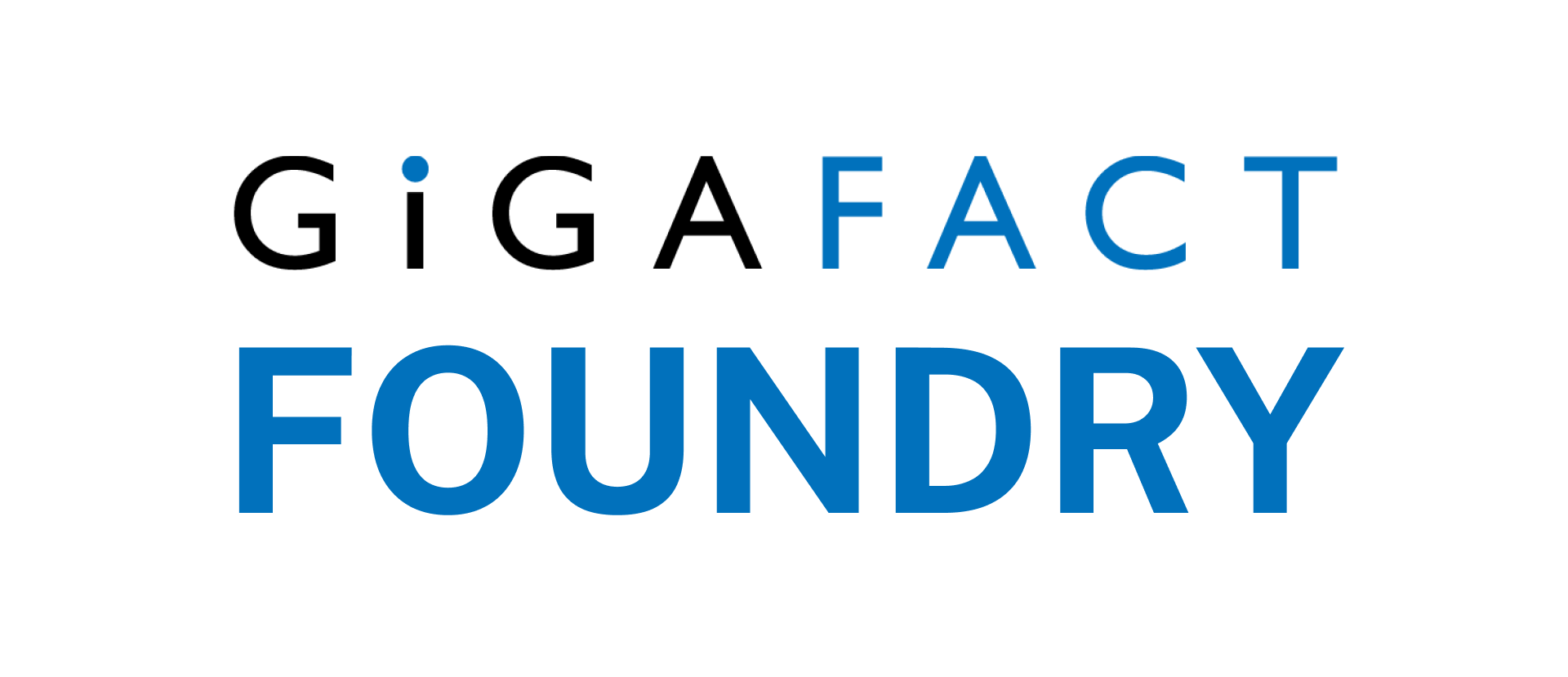Saturday, Oct. 17, 2020
Do health care providers say diagnostic tests for the coronavirus result in a high number of false positives?
Health care providers say standard diagnostic tests for the presence of the coronavirus rarely return false positives. False-positive rates from "molecular" tests based on nasal or throat swabs or samples of bodily fluids are "close to zero," meaning a positive result is a reliable indicator of infection, Harvard Medical School says.
False-negative rates, when a test fails to detect an actual infection, have been estimated to range as high as 29%. "A negative result should not give you a false sense of security," MIT's medical center warns.
False negatives add to the challenge of tracking and slowing the spread of the virus. A July 2020 study examining serology test results—which detect past infections—concluded that in the U.S. in spring 2020 there were likely 10 times more actual infections than were reported.
Sources
About fact briefs
Fact briefs are bite-sized, well-sourced explanations that offer clear "yes" or "no" answers to questions, confusions, and unsupported claims circulating online. They rely on publicly available data and documents, often from the original source. Fact briefs are written and published by newsrooms in the Gigafact network.
See all fact briefs
Between 2020 and 2022, under close editorial supervision, Gigafact contracted a group of freelance writers and editors to test the concepts for fact briefs and provide inputs to our software development process. We call this effort Gigafact Foundry. Over the course of these two years, Gigafact Foundry writers published over 1500 fact briefs in response to claims they found online. Their important work forms the basis of Gigafact formats and editorial guidelines, and is available to the public on Gigafact.org. Readers should be aware that while there is still a lot of relevant information to be found, not all fact briefs produced by Gigafact Foundry reflect Gigafact's current methods and standards for fact briefs. If you come across any that you feel are out of date and need to be looked at with fresh eyes, don't hesitate to contact us at support@gigafact.org.
Learn MoreLatest Fact Briefs
Is there a scientific consensus that life begins at conception?
Thursday, Aug. 4, 2022
Do countries around the world subsidize fossil fuels?
Wednesday, Aug. 3, 2022
Is the repeal of Roe v. Wade expected to increase the maternal death rate?
Wednesday, Jul. 27, 2022
